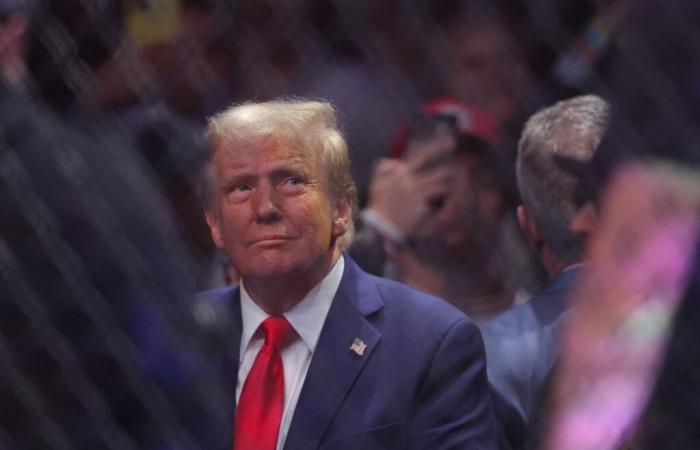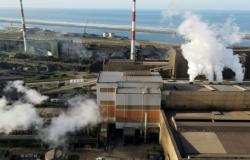Robert Lighthizer shares something in common with Donald Trump. Like the president-elect, his former trade representative is certain: trade deficits are signs of weakness. Theatricalized virilism applied to the economy has a remedy: the trade war.
Robert Lighthizer, who cut his teeth with former head of state Ronald Reagan (1981-1989), could return to his position in the future Republican administration. And intends to broaden the spectrum of customs barriers by establishing a general surcharge of 10% on all global imports, 60% or more on all Chinese products, and almost total decoupling with Beijing.
The risk of closed circuits
Did the recipe, also applied by Joe Biden, work to reinvigorate the American economy? The recent conflict at Boeing illustrated the uneasiness of American workers, linked to the loss of purchasing power recorded for more than a decade by workers due to a virtual freeze in their remuneration.
Widely applied to China, as part of the strategic rivalry with the second world power, the method also has its flaws. In this case, customs duties did not protect American workers, who would bear the brunt of unfair competition from emerging countries whose social rights are not as advanced.
The hypocrisy is in fact at its height, while it is precisely the social lowest bidder who justified industrial relocation in his time. The development of sovereign production in strategic sectors is necessary, but closed-loop reindustrialization, which prevails within the framework of the tariff war, has reached an impasse.
The increase in customs duties has both led to higher input prices and higher consumer prices. This is the case in manufacturing. During Joe Biden's term, inflation reached 20% – not seen since the oil crisis of the 1970s – and played a significant role in the defeat of Democratic candidate Kamala Harris. According to an AP VoteCast poll, 9 in 10 voters say they are very or somewhat concerned about the cost of food, and about 8 in 10 are concerned about the costs of their health care, housing and gasoline.
Billionaires in heaven
If Donald Trump and his teams have created a portmanteau to describe the phenomenon of “Bidenflation”, the idea of a general surtax of 10% could not only increase difficulties and social inequalities, but also lead to an increase in unemployment and a loss of turnover for national companies. All without increasing net production, or even lowering it, including in protected sectors.
The deepening of the trade war and its consequences on company supply chains will therefore continue to have an impact on consumer prices, while Vice President-elect JD Vance has continued to praise the economic fallout from this strategy for the Rust Belt states, where Donald Trump is in the majority due to the dropout of Kamala Harris.
Ultimately, production could decline by 1.1%. 800,000 jobs could be eliminated. Social carnage. Especially since the United States' various trading partners could in turn consider retaliation, including in Europe, and favor economic nationalism rather than cooperation.
China has already warned through Foreign Ministry spokesperson Mao Ning: “As a matter of principle, I would like to reaffirm that there would be no winners in a trade war, which would not be favorable to the world either.
The announcement of Donald Trump's victory does not spell disaster for everyone. The New York Stock Exchange broke new records and, according to the Bloomberg Index, the net worth of billionaires increased by $63.5 billion the day after the election, November 6.
Elon Musk will soon head a ministry of “government efficiency” whose sole objective is to cut “spending”. The Tesla boss, who has largely put his fortune to the benefit of the Republican candidate's campaign, has alone added $26.5 billion to his kitty since the election. These astronomical sums illustrate the extent to which the ultra-rich and the financial sector are banking on Donald Trump to continue to deregulate and promote tax reductions. To the detriment of workers.
Before leaving, one last thing…
Unlike 90% of French media today, Humanity does not depend on large groups or billionaires. This means that:
- we bring you unbiased, uncompromising information. But also that
- we don't have not the financial means that other media benefit from.
Independent and quality information has a cost. Pay it.
I want to know more






